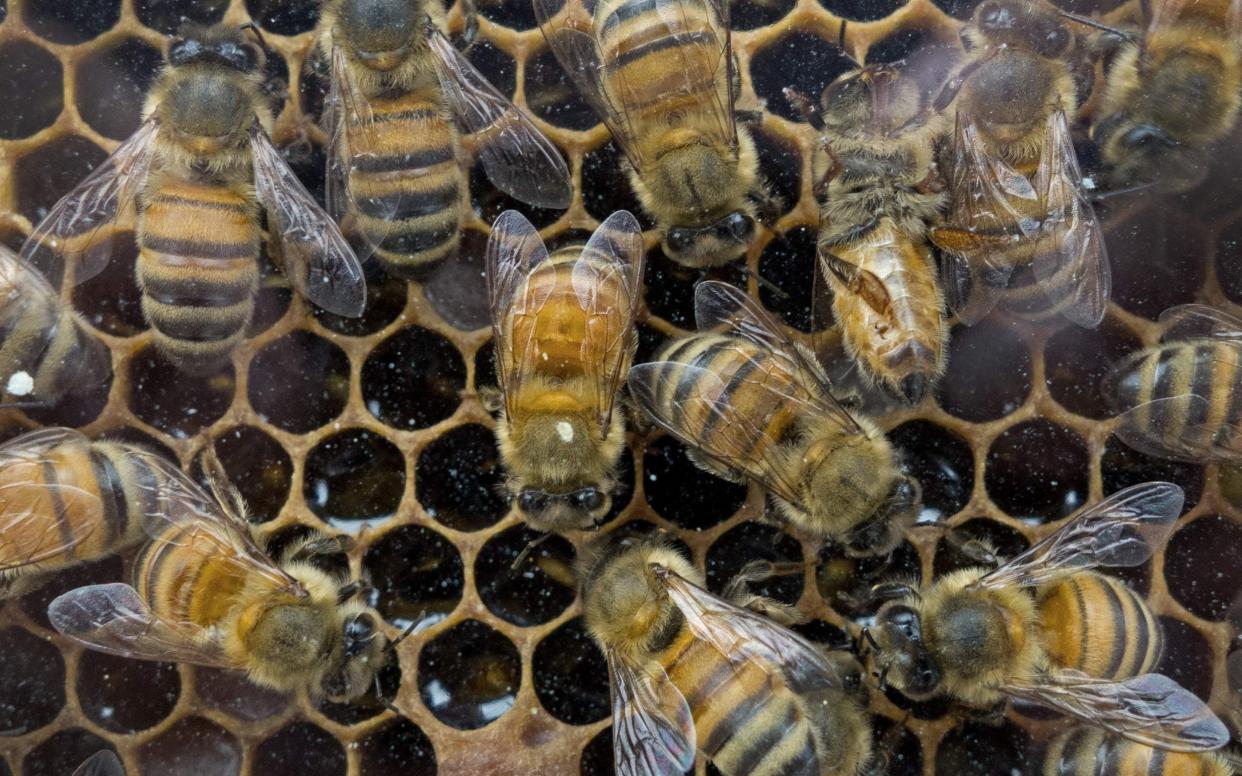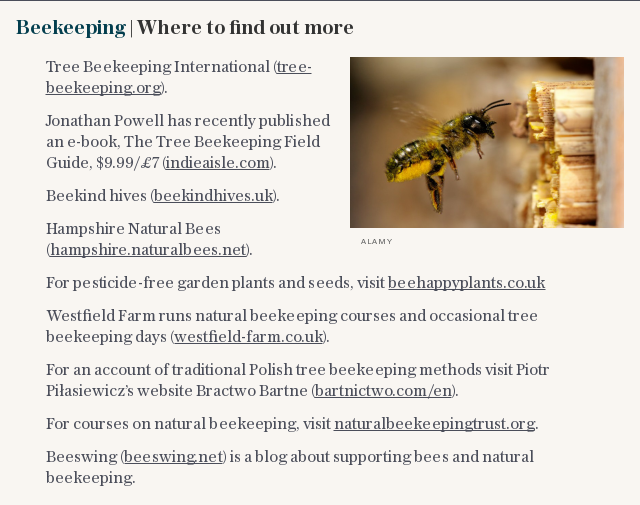Beekeeper says 700,000 of her insects may have been killed by rival in arson attack

A beekeeper whose hives have been torched twice in a year says she may be the victim of a jealous rival.
Michaela Tullet, who is the owner of Api-Bees in Kent, said she was devastated after an arsonist poured petrol over 20 of her beehives and torched them - killing more than 700,000 bees.
A further 26 of her beehives were torched in June last year, leading her to believe that somebody may be targeting her farm.
She said: "It makes you think as it is exactly the same area that was attacked last year.
"It could just be a jealous beekeeper. One of the farmers that works here has argued with some young children after they were caught littering. Maybe they thought the bees belonged to him, but I don't know.
"If somebody decides to come in the middle of the night and set it on fire, there is not a lot we can do."
Ms Tulett added she was "numb with shock", adding: "They are live animals. It's disgusting and a senseless act of violence."
The attack took place at the farm in the village of Sellindge just before 10pm last Tuesday, and there are now only around five hives left.
Kent Police are investigating the arson, however Ms Tullet believes that there is little they can do without witnesses.
She is also unsure what the farm can do to stop a repeat of the attack, saying: "All we can do is remove the bees from the site. We could set up CCTV, but that's not really going to help."

A Kent Police spokesman said: "Police are investigating a report of arson in Sellindge.
"More than 20 bee hives were reportedly destroyed during the fire.
It is the latest in a series of bee crimes, predominantly thefts. Hundreds of thousands of bees have been stolen from apiaries across England and Wales since 2011, a trend which has also been blamed on rivalry between beekeepers.

 Yahoo News
Yahoo News 
